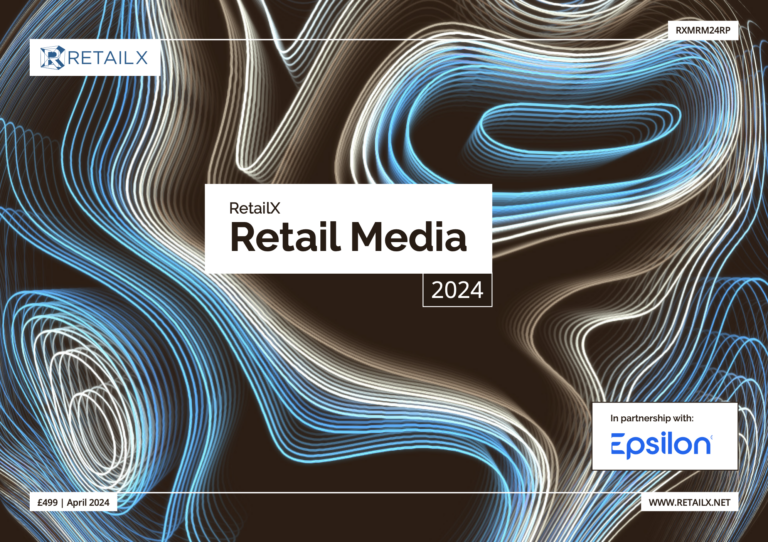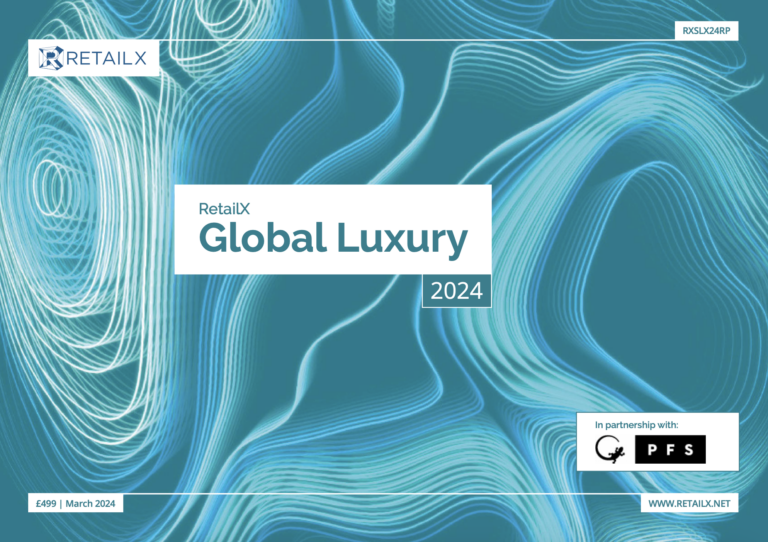Almost two fifths of retailers employ no form of data capture during online buying journeys and 37% capture no data when customers first come to their site, leaving valuable first party data unexploited a new study shows.
In-depth research of 99 UK ecommerce brands in its 2023 WunderkIndex Report, which analysed on-site shopping journeys and customer engagement – across both email and text channels – over a 6-month period, warns that retailers risk missing out on up to 10% of additional digital revenue.
By the end of 2020, CPC (cost per click) across social media platforms had risen by between 20 and 60% YoY. Yet, despite these rising costs, some of the conventional paid media platforms used by brands to acquire customers, including Meta-owned Facebook and Instagram, were seeing a 30% decline in conversions.
This prompted many brands to question the ROI of being overly reliant on ‘rented’ audiences on third-party channels, especially with the planned third-party cookie cull by Google, set to take place in 2024, added into the mix. This, says the report, makes first-party data now even more mission-critical to drive long-term engagement, revenues, and customer lifetime value (CLV) through cost-efficient owned channels – as well as to deliver ROI on marketing pounds, particularly given the continuing economic headwinds.
The WunderkIndex report also reveals common shortcomings in retailers’ data capture capabilities, with 93% of the websites surveyed failing to include explicit checkbox consent in on-site capture experiences, falling short of GDPR-led permissioning best practice.
Of the retailers audited with capture capabilities, 86% prompted visitors for an email address but just 6% were set up to capture mobile numbers, missing out on customer engagement opportunities via text – a rapidly growing and high-converting marketing channel. A recent Wunderkind survey of over 2,000 UK consumers found that, while 84% agree that email is still the most convenient channel for communicating with retailers when shopping online, a third (32%) say they now find text just as convenient – an increase of six percentage points year-on-year.
Looking specifically at value exchanges offered for customer data opt-ins, discounting was the most common, offered by 40% of brands, followed by newsletter subscription (32%) and other perks such as VIP events, sales access, and exclusive content (17%). This mirrors consumer demand for money-saving benefits, such as immediate discounting (58%) and free shipping (56%), topping Wunderkind’s recent shopper poll as their preferred value exchange mechanism when choosing to opt in.
Wulfric Light-Wilkinson, General Manager at Wunderkind International, comments: “We’re seeing a seismic shift, not only in marketing channel performance but also in consumer behaviour, prompted in part by channel adoption but also driven by cost-of-living consumer behaviours, where the concept of value and that of value exchange are evolving. And that calls for a change in marketing strategy – balancing the scales and pivoting to maximising value from owned audiences and channels will be absolutely critical in 2023, as retailers work harder to win conversions from increasingly cautious shoppers. By owning and optimising first-party data, brands can ensure ROI on marketing spend, while at the same time providing a better and more personalised customer experience.”










